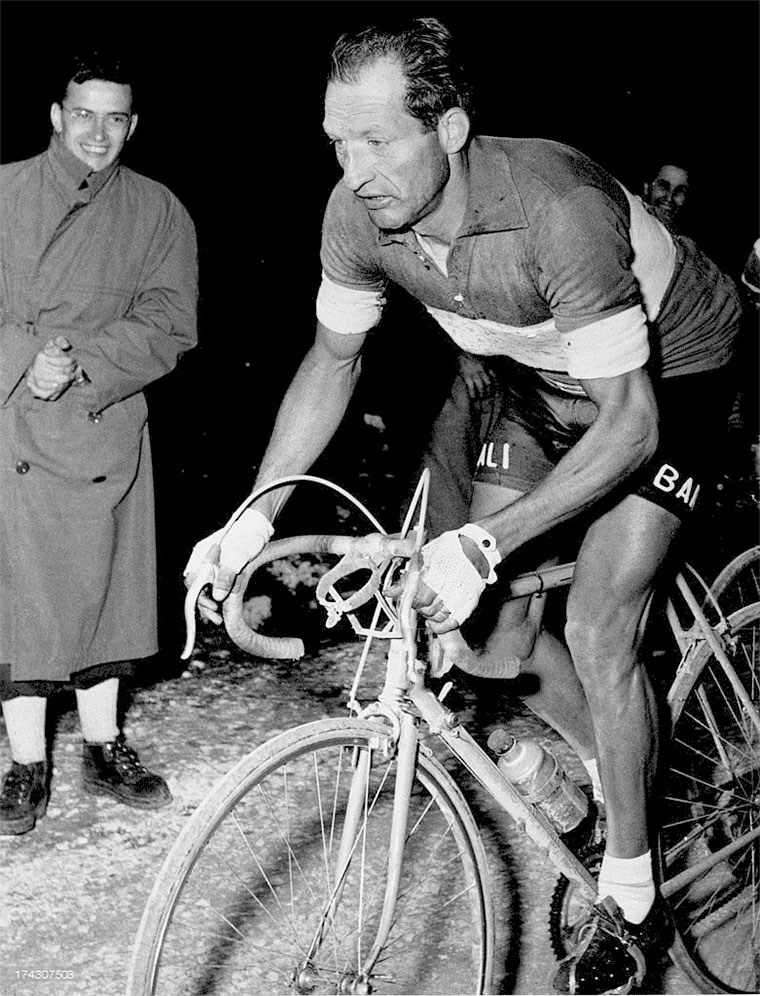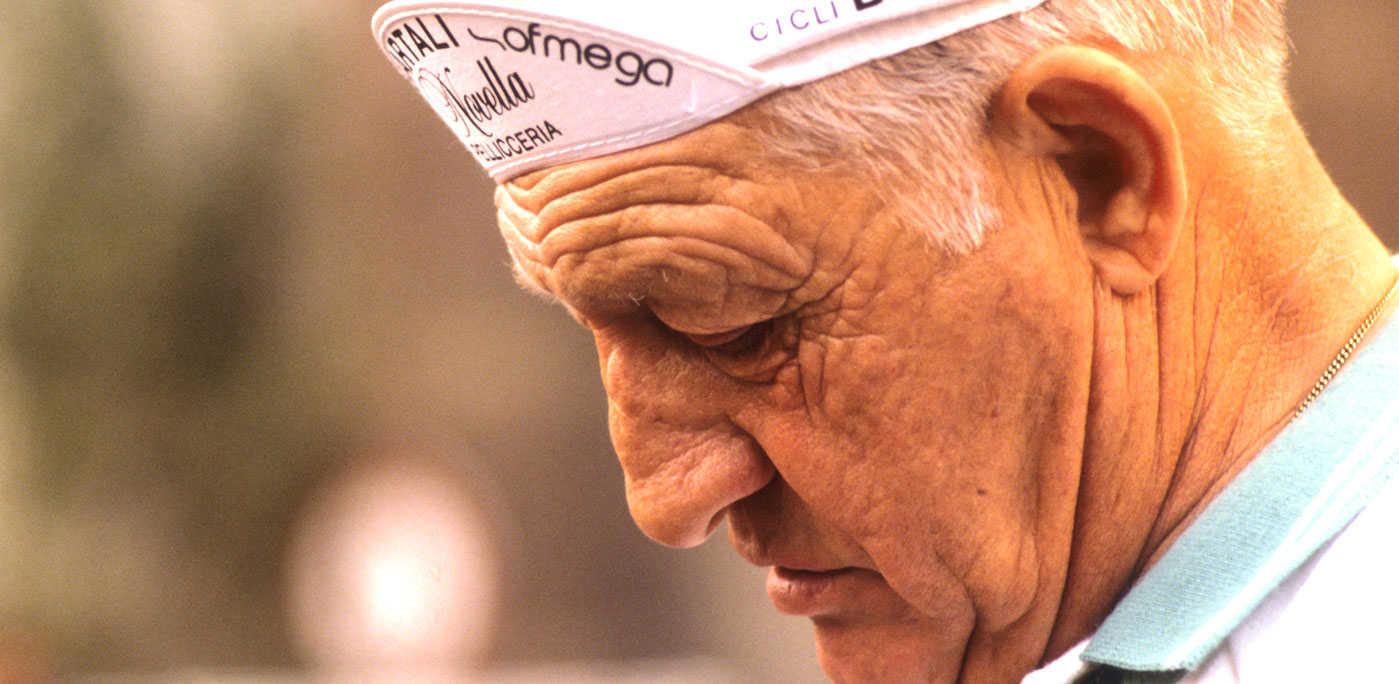The 100th edition of the Giro d’Italia is well underway. A celebration of Italian cycling and one of the most famous tours of its kind in the world. Lasting three weeks, the route covers a total of 3612 kilometres and takes riders through some of the most formidable mountain passes in the history of the Italian Grand Tour, including Stelvio, Blockhaus and Mortirolo, amongst others.
This year Stage 11 which starts in Florence at Ponte A Ema has a special significance as it is the birthplace of one of the most famous Italian cyclists of all time. A man named Gino Bartali.

Bartali was a three-time winner of the Giro d’Italia and, unusually, also had two Tour de France victories to his name. For cyclists he was a legend, for Italians a National sporting idol. But the true show of his heroism came during World War II when he risked his own life to save Jewish refugees from the forces of fascism.
His first conflict with the regime came after winning the the 1938 Tour de France. Thinking it a powerful piece of propaganda for Italy, Benito Mussolini asked Bartali to dedicate the win to him, but Bartali refused. A terrible insult to “il duce”, and a grave risk for Bartali, but the first of many he would run.
Some time later Bartali, a devout Catholic affectionately known as Gino the Pious, was asked by the Cardinal of Florence to join a secret network created to offer safe passage to Jews and others in danger from fascism. But his job was to be no ordinary one: he became a bicycle courier. When everyone thought he was out on one of his arduous training sessions, Bartali was in fact transporting important identity papers and photographs that would help persecuted Jews to escape under false identities. These were rolled up and stored inside the handlebars and frame of his bike which Bartali rode all over Italy, sometimes as far as Rome.
Though his fame was such that the fascist secret police were wary to investigate him, he was eventually arrested in Florence and accused of involvement in the underground movement. When his life was threatened during questioning, Bartali simply answered, “I do what I feel in my heart.”
The full extent of Bartali’s heroism has only recently become clear after his death. In one instance he hid a Jewish family in his cellar to help them escape a certain death. Then in 1943 in an extraordinary act of daring, he took Jewish refugees into the Swiss Alps, towing them in a wagon behind his bike. He avoided questions from the police by claiming it was all part of his training.
It is thought that 80% of Italian and refugee Jews living in Italy before World War Two survived as a direct result of aid from Italian sympathisers.
To this day Bartali’s achievement of winning three consecutive mountain stages in the 1948 Tour de France has never been equaled. But it is his quiet bravery during the war that many remember him for. A true sportsman who’s greatest quality was his humanity.
Gino Bartali won the Giro d’Italia in 1936, 1937 and again after the war in 1946. This year’s event has 21 stages to it, and visits four regions in the country. Beginning in Sardinia the Tour passes through Tuscany on the way to the Italian Alps and the Dolomites. To discover more about how you can enjoy Tuscany on two wheels, head to lovefromtuscany.com
Ben Carson and Sabrina Nesi are both travel writers based in Florence, and co-founders of the website lovefromtuscany.com, an insider’s travel guide to Tuscany. Here they share their knowledge, and pour out all their passion for the art, culture, lifestyle and food of the region. They’re always looking for new stories to tell and hidden corners to explore. You can connect with them on Facebook, Twitter and Instagram and read their blog at lovefromtuscany.com/blog






























